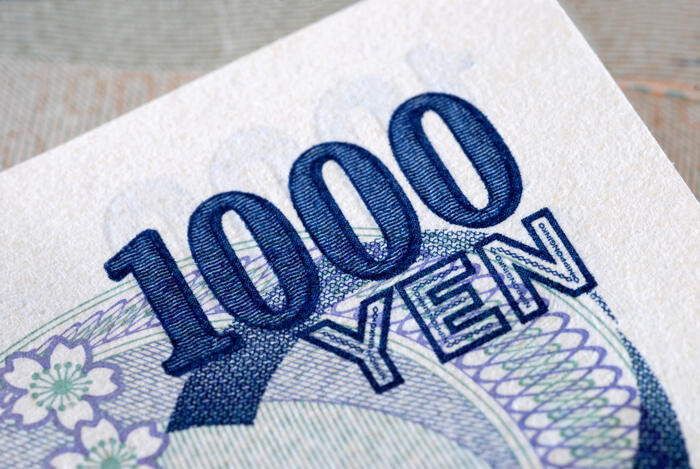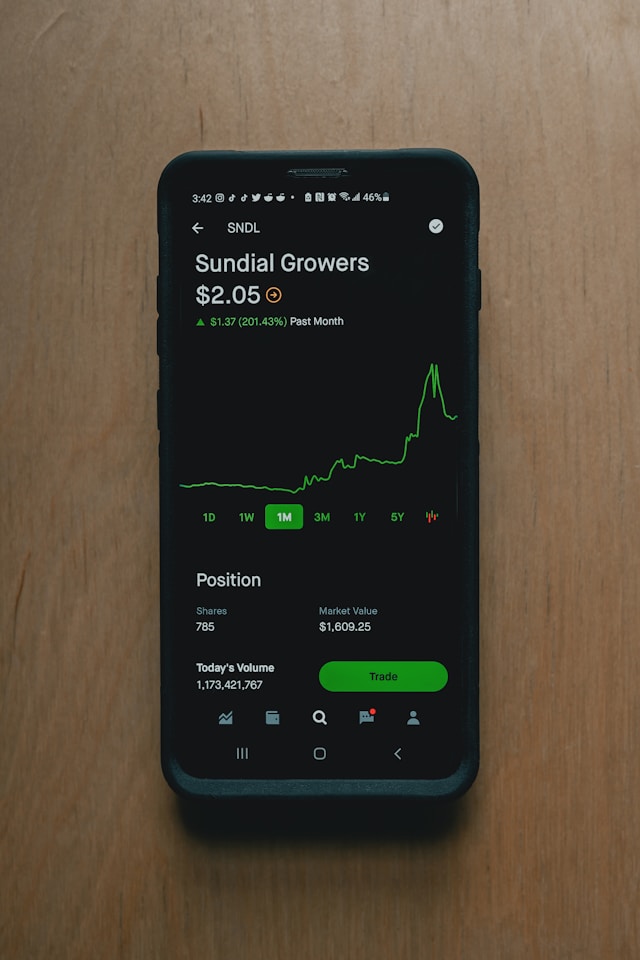
Japan's Inflation: A Balancing Act for the BoJ
London: 27 February 2024 (TraderMade): Japan's recent inflation data has presented a complex picture for the Bank of Japan (BoJ) as it navigates the path towards potentially ending its hostile interest rate policy.
While inflation remains at the BoJ's 2% target, mixed signals raise questions about the sustainability of price increases and their impact on the broader economy.
Key Takeaways
- Japan's core inflation remains at 2%, meeting the BoJ's target.
- This figure marks a slight decrease from December, indicating a slowdown.
- The BoJ may end negative interest rates soon to fight deflation.
- Mixed inflation drivers raise questions about the sustainability of price increases.
- Wage growth lags behind inflation, impacting household spending and sentiment.
- The weak yen fuels import costs and could exacerbate inflation in the future.
Inflation Holds At 2%
Japan's core consumer price index (CPI) rose 2% year-on-year in January, meeting the BoJ's target for the 22nd consecutive month. However, this figure marks a decrease from 2.3% in December, indicating a slight slowdown.
BoJ Policy Shift Expected
The data reinforces expectations that the BoJ will end its hostile interest rate policy in the coming months, potentially as early as March or April. This policy shift aims to combat prolonged deflation and stimulate economic growth.
Mixed Signals
While some inflation drivers, like hotel charges, have softened due to base effects and government subsidies, others, like processed food and foreign travel packages, continue to see price increases. These scenarios raise questions about the underlying strength of inflationary pressures.
Economic Concerns Remain
Despite the potential benefits of higher inflation, Japan faces challenges. Wage growth has lagged behind inflation, impacting household spending and consumer sentiment. Additionally, while boosting exports, the weak yen fuels import costs and could exacerbate inflation.
The BoJ's Dilemma
The BoJ faces a delicate balancing act. Raising interest rates too soon could stifle economic recovery, especially if wage growth doesn't catch up. However, maintaining negative rates for too long risks further weakening the yen. Again, longer negative rates may fuel unsustainable inflation.
Looking Ahead
The BoJ will closely monitor upcoming data releases, particularly Tokyo inflation figures for February and the results of spring wage negotiations, to assess the trajectory of inflation and wages. Policy adjustments rely on these factors.
Overall, Japan's inflation situation presents both opportunities and challenges. While ending negative rates could be a necessary step towards a healthier economy, carefully considering the broader economic context is crucial to ensure a sustainable and balanced recovery.



